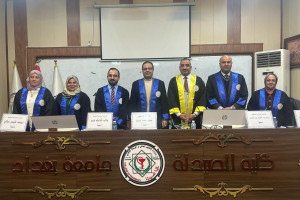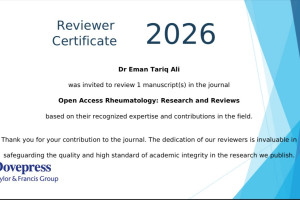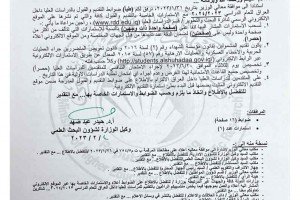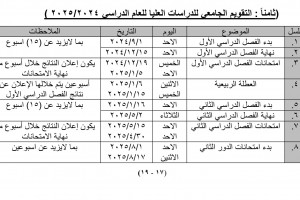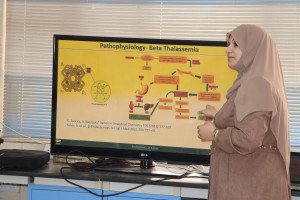
A master’s thesis in the Department of Pharmaceutical Chemistry at the College of Pharmacy at the University of Basrah (Preparation and Evaluation of the Biological Effectiveness of Isoxazolidines) by the student (Heba Hassan Roudhan Al-Badri)
This study deals with the preparation of eight new isoxazolidine derivatives by 1,3-dipolar cyclic addition reaction. These prepared compounds were characterized by using infrared spectroscopy, nuclear magnetic resonance spectroscopy of the proton and carbon thirteenth in addition to mass spectrometry. These compounds were also evaluated in the laboratory for anti-tumor activity and effectiveness against different types of bacteria.
Mass spectrometry (ESI) confirmed the molecular weight of the studied compounds, while their infrared spectra include the appearance of a very strong absorption band within the range (1713-1724 cm-1), which represents the stretching vibration of the carbonyl amide group for all derivatives and included magnetic resonance spectra The proton of all isoxazolidine derivatives is the presence of triple signals (4.04-4.84 ppm) which represent the bonding regions of the isoxazolidine/malemide ring (H-3a proton) which is coupled to the H-6a proton with a pairwise constant of value (J3a,6a =8-8.5 Hz). Moreover, the H-3 and H-6a protons gave double signals in all spectra at (4.75-5.37ppm) with a pairing constant (J3,3a=9-9.5 Hz) and (5.31-5.37ppm) with a constant double
(J6a,3a= 7-7.5 Hz), respectively.
The results of an in vitro anticancer activity study against human MCF-7 cell line and human AMJ13 cell line using MTT analysis indicated that compounds 8 and 7 had good anticancer activity with an IC50 between 34.7 and 41.5 µg/mL.
While the in vitro antibacterial activity of isoxazolidine (iso1-iso8) was studied using the fine diffusion method against Gram-positive (S. aureus and Bacillus) and Gram-negative (E. coli k.pneumonia and Enterobactria) bacteria. The results of this study indicate that Iso7 showed good activity against S. aureus.



